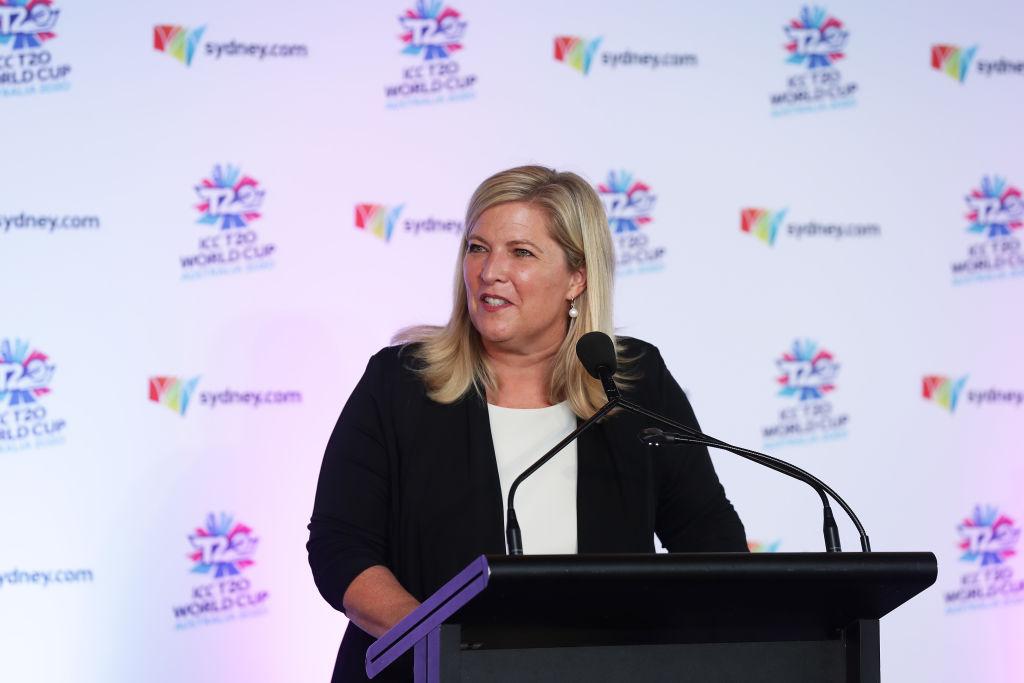A new expert panel will focus on empowering women and providing them with more workforce opportunities in the Australian state of New South Wales (NSW).
NSW Premier Dominic Perrottet said in a release on Feb. 7 the Women’s Economic Opportunities Review and Expert Reference Panel will look into ways of supporting women to enter, re-enter, and remain in the workforce, including the reduction of salary and superannuation discrepancies, and enabling better access to and affordability of childcare.





